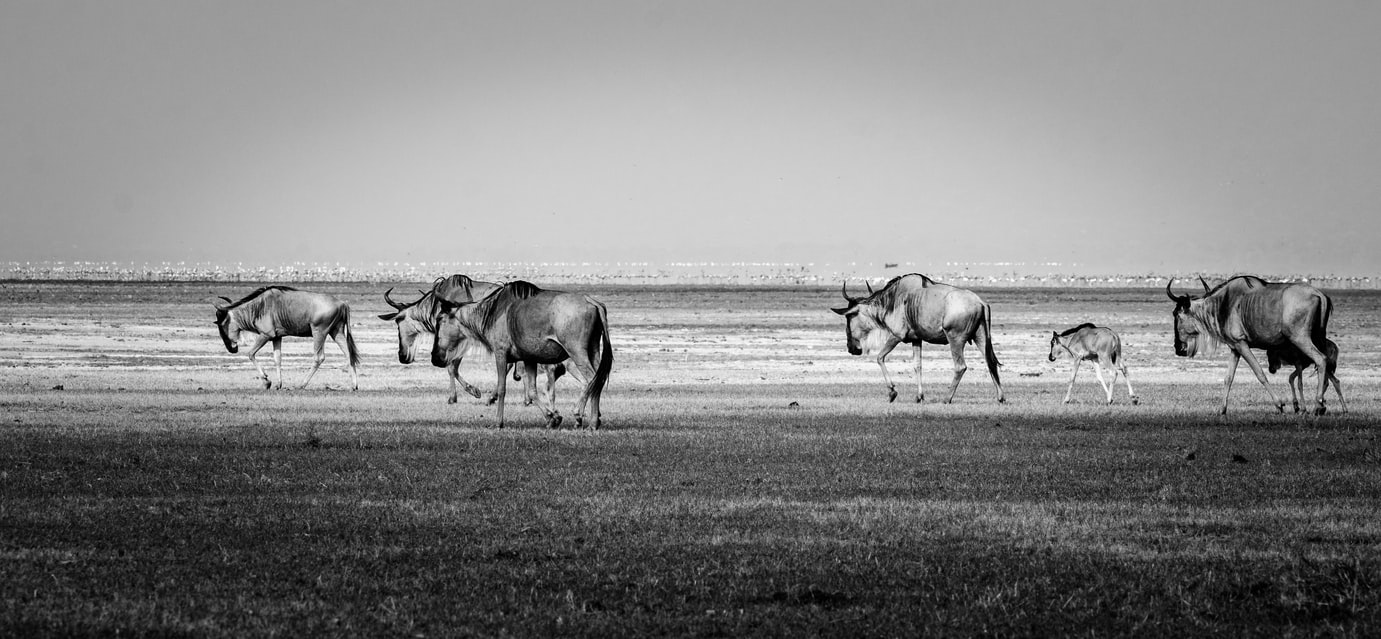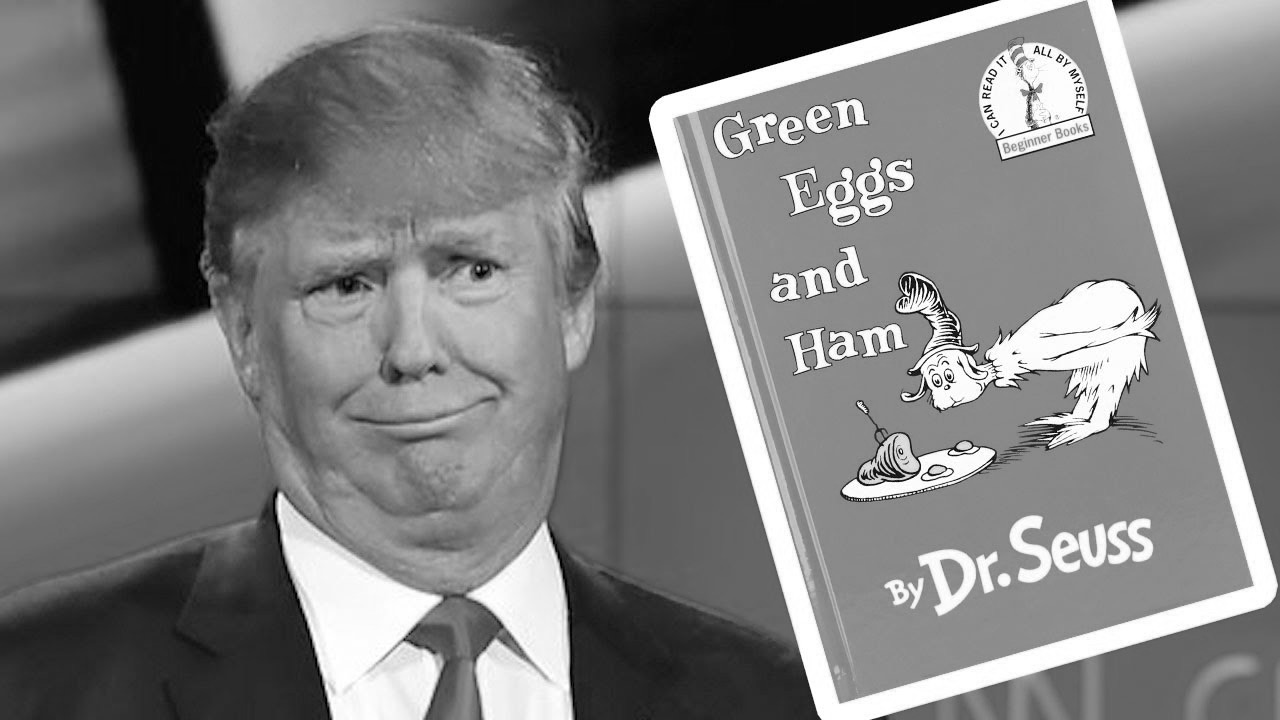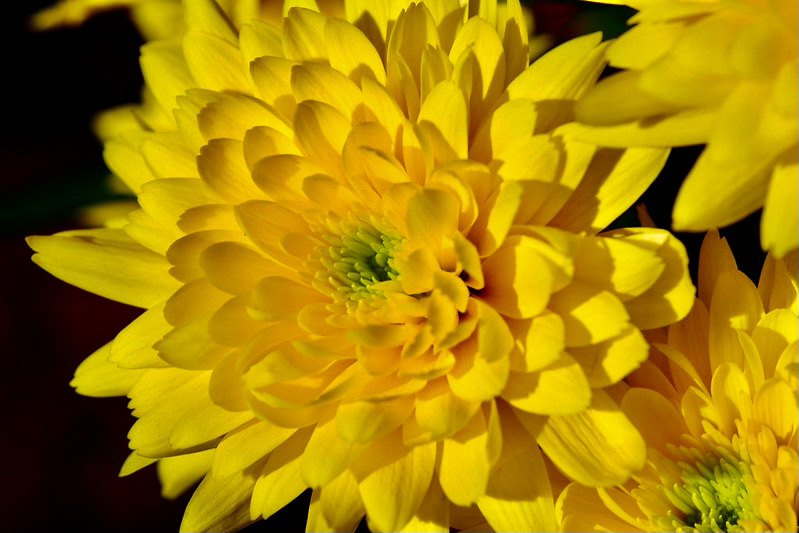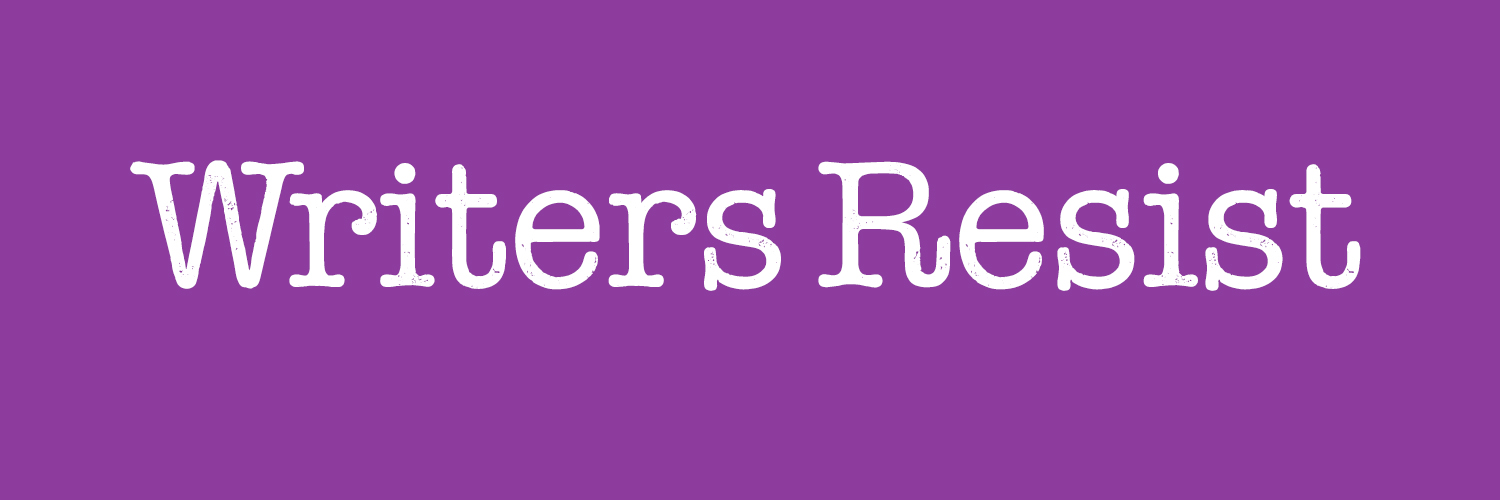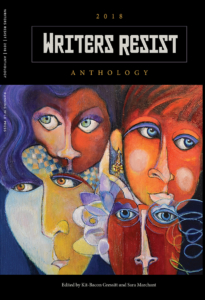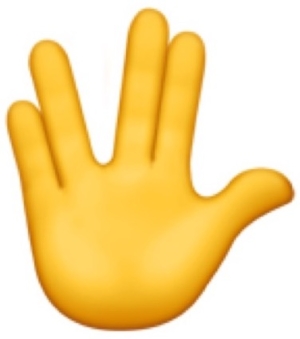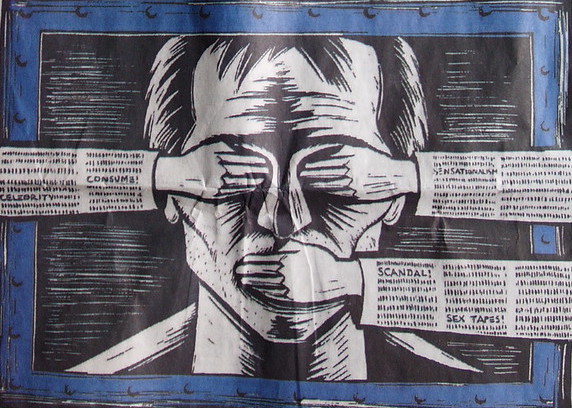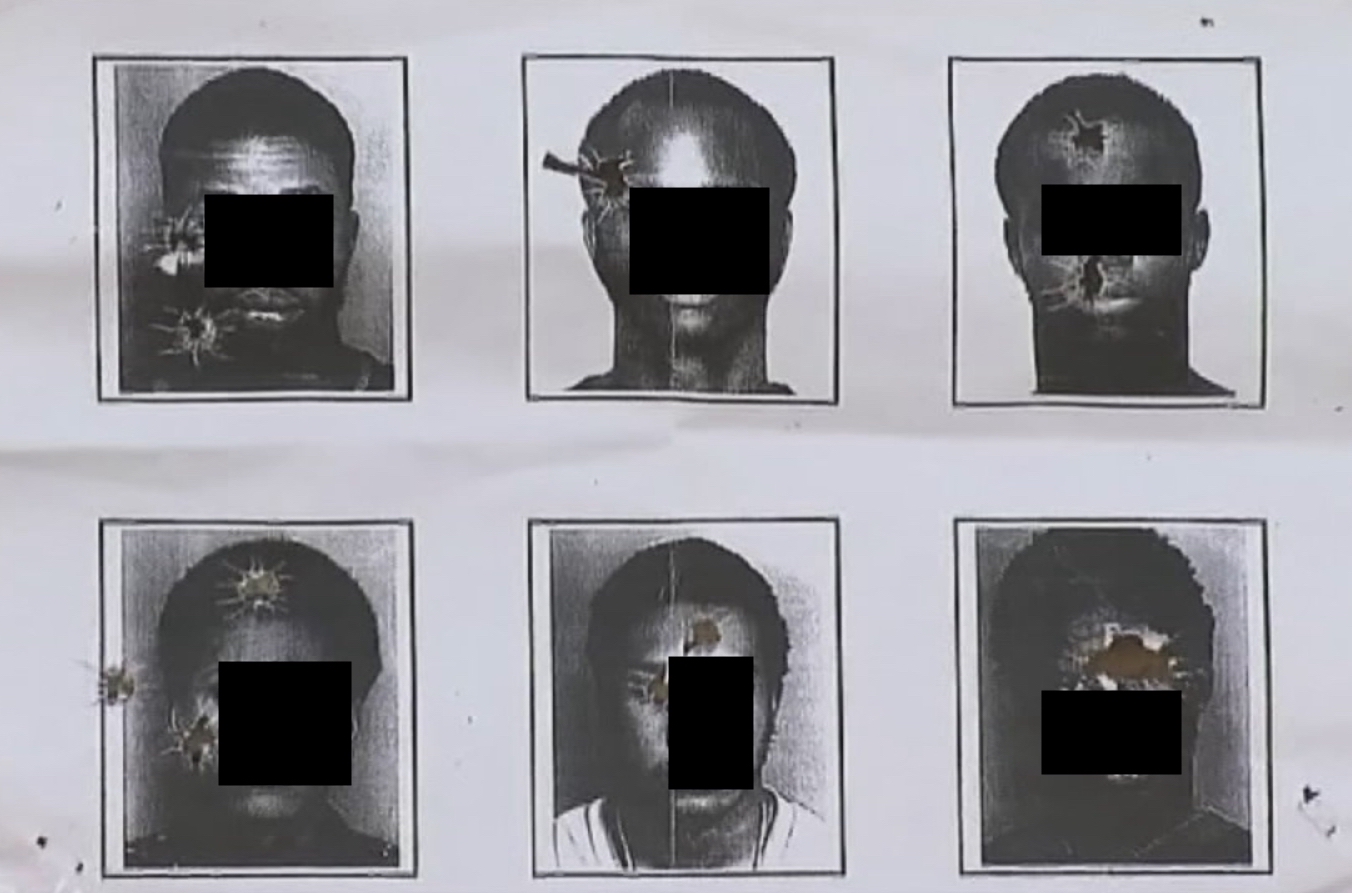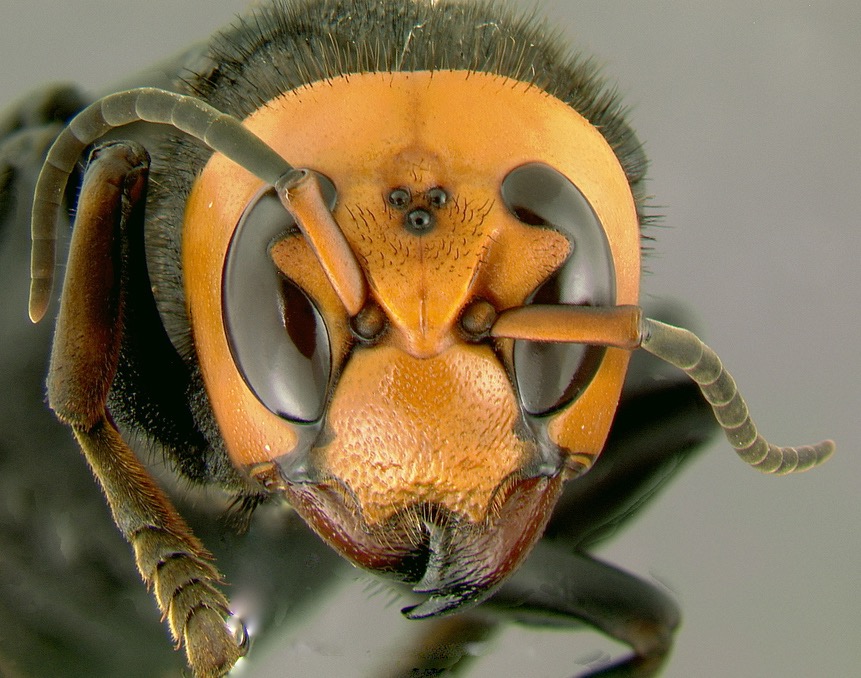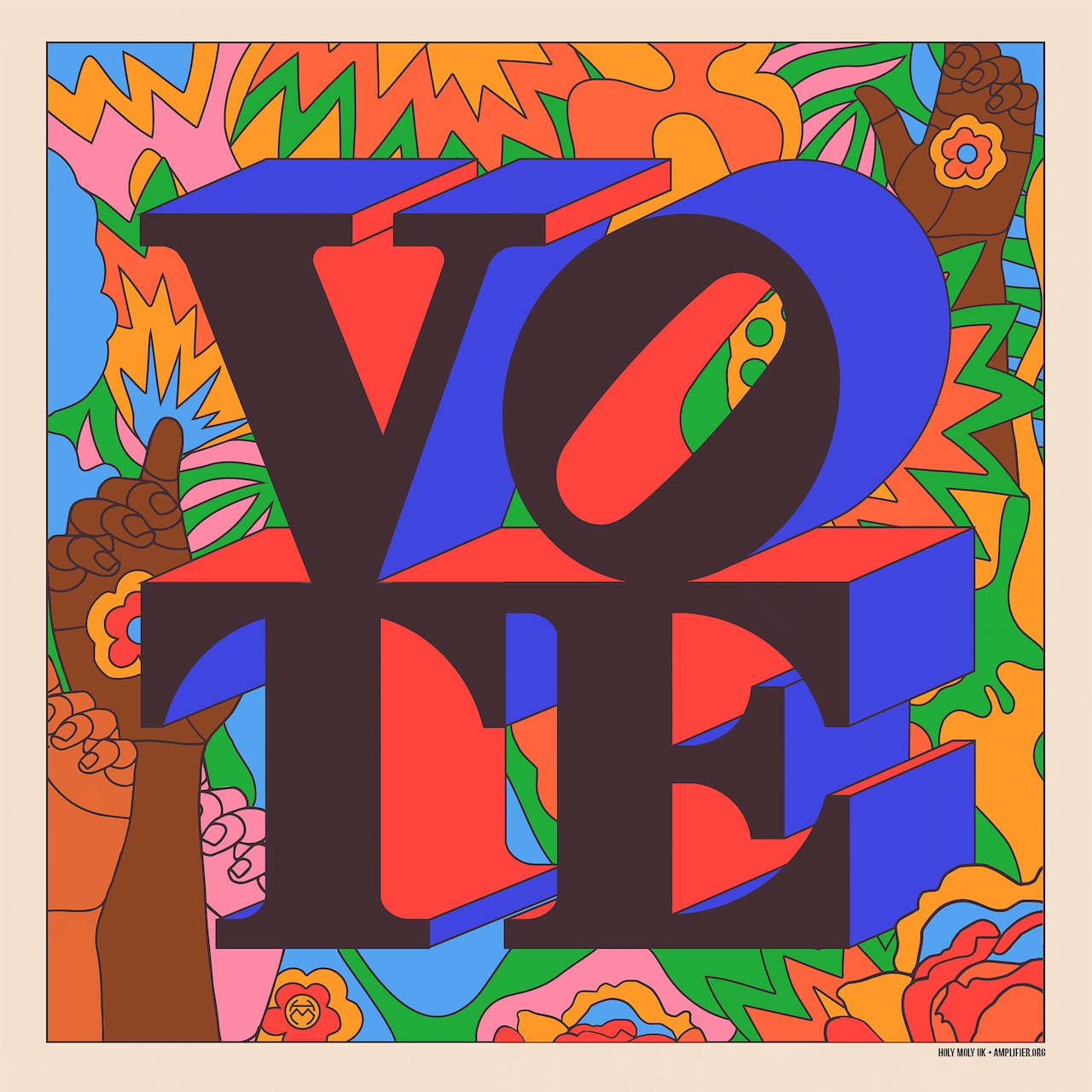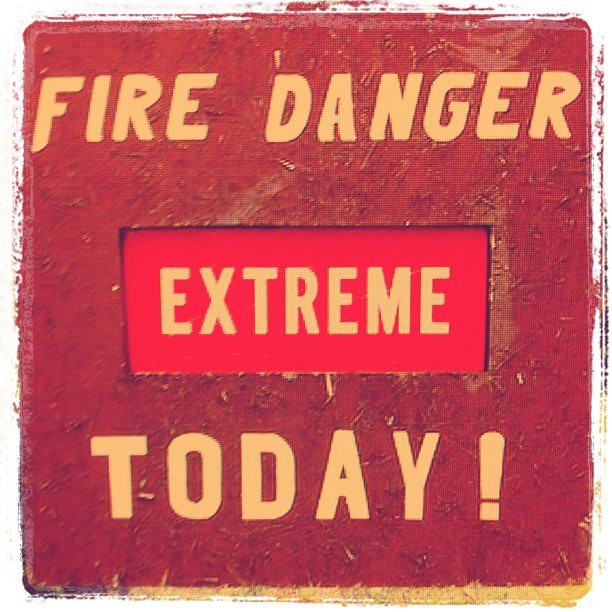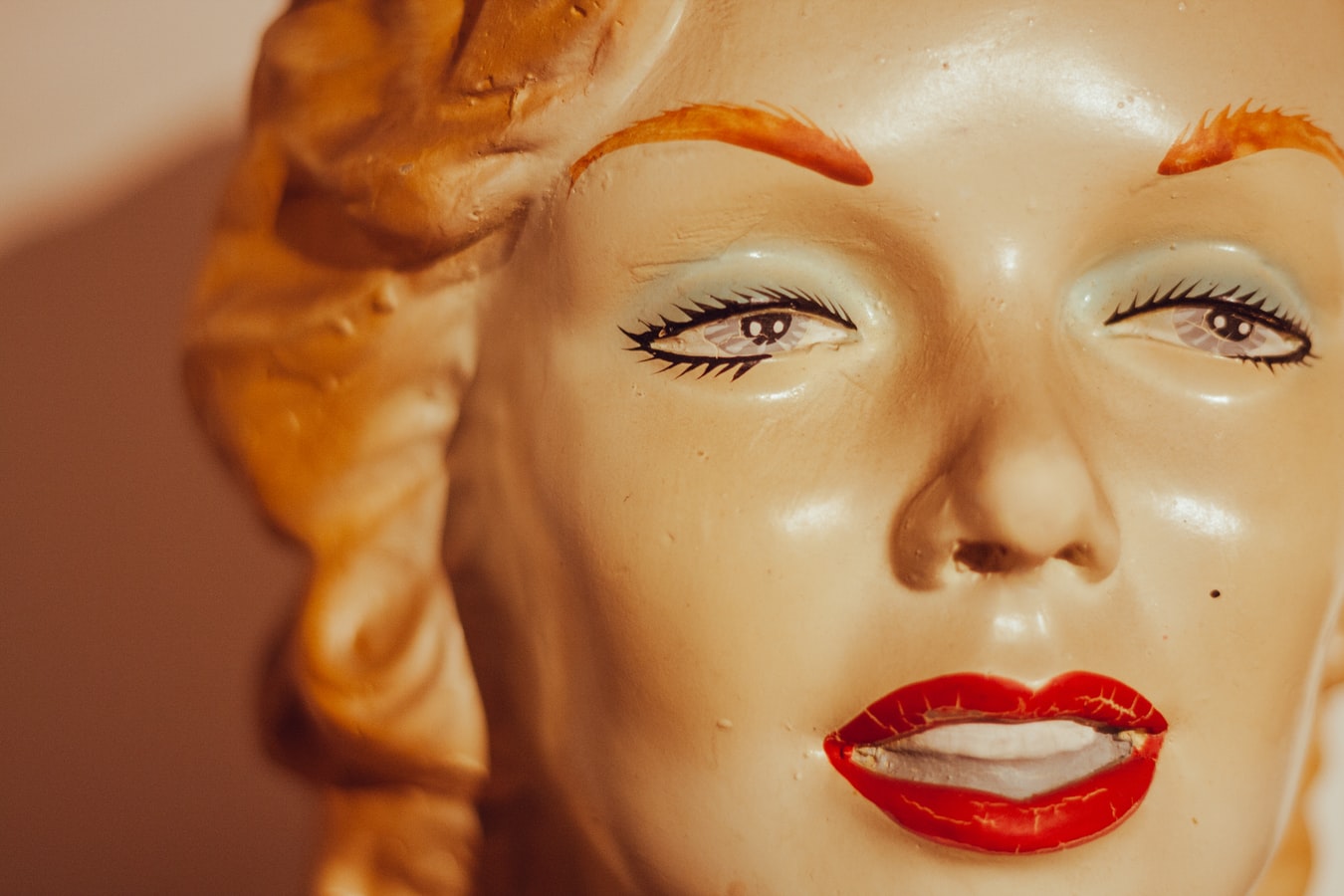An Implausibility of Wildebeests
By Elizabeth Edelglass
“A pride of lions. A pod of whales. A wisdom of wombats.”
Henry is rattling off something he learned from the zoo—not the zoo zoo, the online zoo, somewhere, Seattle? Omaha?—Isabel forgot which one today. If it’s Tuesday, there are pandas; if it’s Thursday, dolphins. Pandas are bears, Henry likes to remind her, but koalas are not.
“A shiver of sharks.” Animal collectives, someone’s been teaching him today. With flocks and herds soaring and thundering across the screen that Isabel can see from the corner of her eye. Once, it was Elmo teaching baby animals—one TV show, one hour a day. But Henry’s eight now, not two. And now he gets prizes for screen time, if he wears his mask, practicing for school. If he goes to school—three weeks until Labor Day. “A prickle of porcupines.”
“You made that up!” Isabel has been dicing potatoes, tossing with olive oil and paprika. Maybe some garlic powder? While simultaneously watching a Zoom meeting about CDC data collection, except only listening to the Zoom meeting, through one earbud, leaving the other ear free for Henry.
“An impossibility of wildebeests.”
“Are you sure?” Mrs. Farber, Henry’s second grade teacher, would’ve known.
Henry makes his exasperated face at Isabel, his fake exasperated face, because he is rarely really exasperated.
“Let’s look that up.” Isabel washes her hands, not for twenty seconds, just so her fingers won’t be oily when she picks up her phone, but Henry beats her to it, already Googling.
“An im-pulse-ability of wildebeests?” Henry thinks about that. “Guess they’re impulsive. Like Caleb.” Caleb sometimes pushes Henry on the playground (used to push him), but they are (used to be?) best friends.
Isabel looks over his shoulder, sounds it out for him. “Implausibility,” she says. “Well that’s a good word, for now.”
“Huh?”
“From the word implausible. Impossible. Unthinkable.”
“Weird,” Henry says, staring closely at the screen through his thick glasses. He has to sit in the front row at school, to see the board. Which is good, because he’s near the teacher, but would be bad this year, because he’d be near the teacher. “What’s a wildebeest?”
You’d think Isabel would know, but her sciences are genetics and disease vectors, not zoology. “Didn’t we read about them in that book? About the wild things?”
“That’s implausible.” Henry flashes his wild and crazy grin that showcases the gaps and new teeth growing willy-nilly. He’s supposed to start the orthodontist this year. And Hebrew school. Maybe trumpet.
•
When she hears the rumble of the garage door, Isabel knows Ben is home, stripping in the garage, dumping his scrubs in the washer, heading straight to the shower. He used to wear khakis to work, a necktie. Isabel lets Henry watch one episode of You Live in What?—the one about living in an ice cream factory, his favorite because of the cows.
“Twenty-one new cases,” Ben says through the shower curtain. Isabel sits on the toilet, in the hot bathroom mist, their only chance to talk without Henry hearing. “Four deaths.”
His numbers never align with the ones she’s working on. He thinks in digits; she thinks in millions.
“Deaths down, admissions up,” he says, as if she wouldn’t remember from yesterday.
“Three plans,” she changes the subject. “The email came today. Regular, hybrid, or remote. Five days to decide.” He’ll know what she’s talking about. They try not to say the word school out loud, even when they’re pretty sure Henry isn’t listening. Can they ever be absolutely sure? “Tuesday,” she adds, in case Ben’s too tired to do the math.
“I can’t,” he says, pulling aside the curtain, standing slumped and dripping, not reaching for his towel. “I just can’t.”
•
“Did you know,” Henry says, “that turtles breathe through their butts?” He lies on his side, facing the wall, but Isabel can feel his entire body quaking with laughter under the covers. He’s been wearing these same dinosaur pajamas for two days, maybe three, literally, days—she gave up on forcing pants and underwear back in April.
“You’ve told me,” Isabel says.
“And alligators will fall asleep if you turn them upside down.” If he can learn that online, couldn’t he learn the multiplication tables online, too, come September? Although do third-graders even learn multiplication tables anymore? Number sense over rote memorization—Isabel is familiar with the theories.
“But how would you turn an alligator upside down?” she says, the nightly Henry-and-Isabel comedy show.
“How far is six feet?” He’s rolled over now, to look at her.
“Your bed,” she says. “Your desk plus your bookcase.” They’ve measured and remeasured. “The couch,” she says.
“But not the loveseat,” he says.
“Not the loveseat.”
“I love you.”
“Love you, too.” They hug, hard and long, until she has to pry his arms from around her neck. “Sleep tight.”
What does that even mean? Don’t let the bedbugs bite, her mother used to say, back when that was just something mothers said, when mothers dusted and vacuumed, and kids felt safe.
•
“A barber today,” Ben says, lying on his back in bed, staring at the ceiling, Isabel can tell, his eyes reflecting a glint from the hall light they keep on for Henry, for when he comes to stand by Isabel’s side of the bed at three a.m., which he didn’t used to do. “And a teacher.”
Isabel tenses, thinking of Mrs. Farber, or Miss Penny from first grade.
“High school,” Ben says, moving his hand to her thigh. Isabel lets her shoulders unclench, until she remembers crowded hallways, lockers.
Ben wears glasses, like Henry—he can’t cry at work, not with a mask and glasses. He ordered some anti-fog ski-goggle spray that he read about in a medical journal, of all places. But it’s on back-order. They have a standing bet which will arrive first, his goggle spray or the toilet paper Isabel ordered while she and Henry were on Amazon searching for a Lego SpaceX capsule, the day of the NASA live-stream, but only finding a space shuttle, or an Apollo V capsule that cost three hundred dollars. They ended up ordering a book about how to build fifty Lego animals, then watching a video of a Belgian zoo that displayed Lego models of endangered species. A pre-pandemic zoo, with people wandering about, maskless, mouths agape.
“Do you know how to tell an African elephant from an Asian elephant?” Henry had asked.
“How?”
“An African elephant’s ears are shaped like Africa.” Henry was wearing his screen-time mask that day, fogging his glasses. Isabel smoothed it over his nose, tucked it under. She didn’t have to Purell (which was available for $159 on Amazon).
“And a vet,” Ben continues his list.
“A veterinarian?” She sometimes takes Henry to see the dogs at Dr. Klein’s clinic. Sometimes used to take.
“No, a veteran. Survived two tours in Iraq. Lost a leg, but made it through. Until now.” So this is the death list. She prefers the admissions list—the list with hope—but it’s usually too long and amorphous, bodies to be worked on, not yet people. Ben rolls her over, hugs her from behind. They’re not usually spooners, but Ben has outlawed face-to-face kissing. Not outlawed, suspended. “What will you do on Tuesday?”
“There’ll be another email. With a link to vote. I mean to choose. Something called a survey monkey, I have no idea why.”
“So how will you vote?”
It’s not as if Isabel hasn’t been thinking about it all summer. Reading, studying, analyzing, calculating and recalculating, even lurking in a local moms’ Facebook group, devouring the debate.
“You mean how will we vote?”
“Ninety-seven thousand kids tested positive in the last two weeks of July,” Ben says. “American Academy of Pediatrics.”
“Still, kids are just seven percent.” She read the same study. “And mostly asymptomatic.”
“So he won’t lose a leg.”
“Did you know kids lose twenty percent of their year-long learning every summer? Not counting social skills.”
“An eight-year-old,” Ben says. “Today.” Number four.
•
Isabel awakens to a clap of thunder, the pounding of rain. And darkness. No nightlight. Power out. One more thing for Henry to be scared of.
She creeps downstairs, by the light of her phone and the flashes of lightning, in search of one of their old pre-Henry camping lanterns, for the hallway, for Henry. Then, back in bed, she turns off her phone, to save the battery, and reaches across Ben to retrieve his phone, to set the alarm for her seven a.m. Zoom, before everyone’s kids wake up, or at least before everyone’s kids finish their first TV shows. If Ben’s battery dies, well he’s always complaining how hard it is to reach his phone through his PPE. Maybe he’ll thank her for saving him from its incessant buzzing, calling him from room to room, bed to bed, human to human. Probably not.
Ben sleeps through it all. Like he used to sleep through Henry at midnight, two a.m., four a.m., exhausted from workdays that seemed endless and exhausting at the time. The sleep of the dead, they used to call it, laughing.
It feels like she’s only been back asleep for a minute when Henry appears at her side. Although he doesn’t actually appear, because the lantern battery must’ve died. But she can hear him, breathing, can feel his warm breath on her cheek.
She gathers him in on her side of the bed, for the nightly nightmare retelling. “I was in school,” he says, “and the kids kept getting too close.” Usually it’s dragons or outer space. “And Mrs. Brodie was the Wicked Witch.” Mrs. Brodie, the third-grade teacher, does have long, pointy fingernails. They’ve been watching too many movies, seemed-age-appropriate-at-the-time movies, filling time, working their way through Isabel’s childhood.
She lets Henry sleep next to her—too dark to make him walk back across the hall. She can’t tell if Ben is awake to disapprove, with no nightlight to glint off his eyes.
•
Henry is still talking about his dream over breakfast, cold cereal and milk that hasn’t yet gone warm—power still out. Power, pandemic, what third P could go wrong? Pandas? “Caleb kept moving his chair closer,” Henry says. “And I kept telling him to stop. And then I was running away, but there were kids everywhere, and I never got where I was going.”
“Draw it,” Isabel says, another study she’s read.
“I’ll write it,” he says.
So he sits, sturdy fingers tapping, never mind crumbs in the keyboard or an extra hour of screen time—maybe less, if the computer runs out of juice—with no mask—while Isabel tries to figure out how to make her phone a hotspot for her nine o’clock Zoom. The internet is out, too, and she’s already missed her seven o’clock, and she’s had to shake Ben awake, twice, and now he’s rummaging through her office, which is just a corner of kitchen counter, looking for his keys, grumbling about no coffee and a cold shower.
“You woke me late,” he says.
“I woke you on time.”
“But I have to stop for coffee.”
“A quarrel of sparrows,” Henry says, without looking up. “An ambush of tigers. A crash of rhinos. A murder of crows.”
Ben stops rummaging. Isabel pulls his keys from under her noon folder. “If the power never comes back,” she whispers in his ear at the door, “we won’t be able to fill out the survey monkey on Tuesday. Maybe we’ll never have to decide.”
“I know about school,” Henry says. “You don’t have to whisper.”
“Did you know,” Isabel whispers anyway (she likes the feel of her lips on Ben’s ear), “only baby possums hang by their tails? Grownup possums are too heavy, their tails would snap.”
“We’ll figure it out,” Ben whispers back. “We’ll make the right decision.”
“There is no right,” Isabel barely breathes the words. “Let’s just try not to be wrong.”
Elizabeth Edelglass is a fiction writer and book reviewer living in Connecticut. Her short fiction has recently appeared in Sixfold, Prime Numbers Magazine, and New Haven Review, and is forthcoming in CCAR Journal: The Reform Jewish Quarterly. Her work has also been published in four recent anthologies, including The Bridport Prize Anthology 2018. She has won the Reynolds Price Fiction Prize, The William Saroyan Centennial Prize, The Lilith short story contest, and the Lawrence Foundation Prize from Michigan Quarterly. “An Implausibility of Wildebeests” belongs to a category of fiction she calls “fiction I never thought I would write”—a series of stories in response to the unexpected nature of the world today.
Photo by Mohamed Nanabhai on Unsplash.


